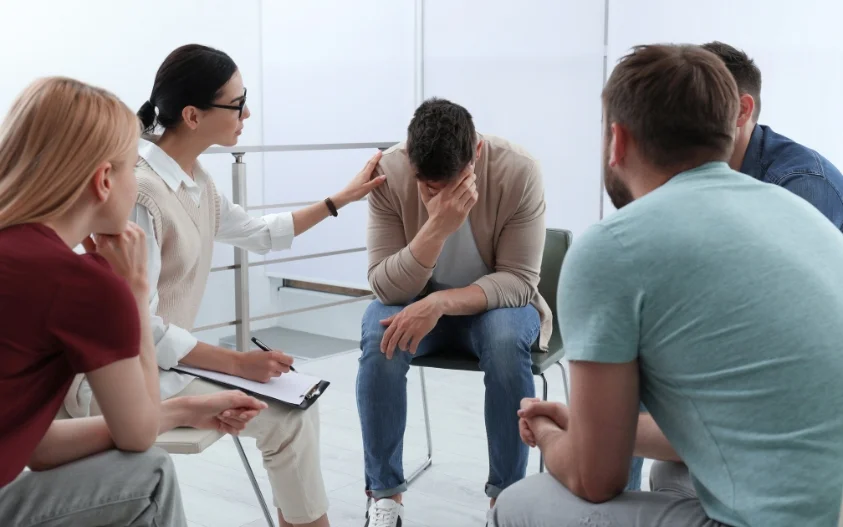24/7 Helpline:
(866) 899-221924/7 Helpline:
(866) 899-2219
Learn more about Bipolar Disorder Treatment centers in Greeneville
Bipolar Disorder Treatment in Other Cities

Other Insurance Options

Health Partners

Self-pay options

Anthem

State Farm

MHNNet Behavioral Health

Oxford

Private insurance

BlueShield

Sutter

GEHA

WellPoint

Lucent

Access to Recovery (ATR) Voucher

Highmark

United Health Care

Premera

WellCare Health Plans

Health Choice

BlueCross

Amerigroup

Frontier Health – Nolachuckey Holston Area Mental Health Center
Frontier Health - Nolachuckey Holston Area Mental Health Center is located in Greeneville, Tennessee...

U Turn For Christ
U-Turn For Christ is a residential facility that offers treatment for individuals with a Substance a...

CCS – Comprehensive Connections – Outpatient
Comprehensive Community Services (CSS) - Outpatient is located in Greeneville, Tennessee. Comprehens...







Takoma Regional Hospital – Behavioral Health
Takoma Regional Hospital – Behavioral Health is a private rehab located in Greeneville, Tennessee. T...



